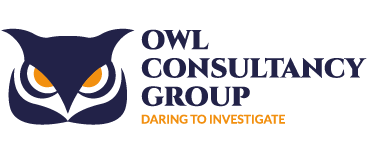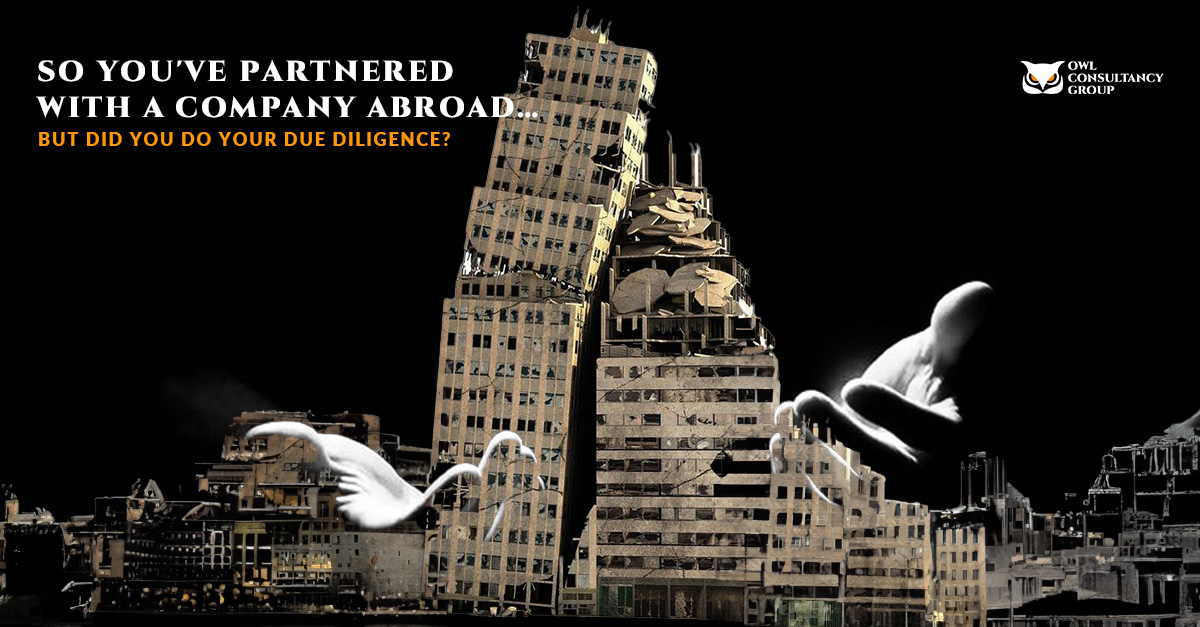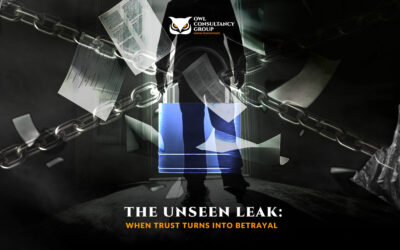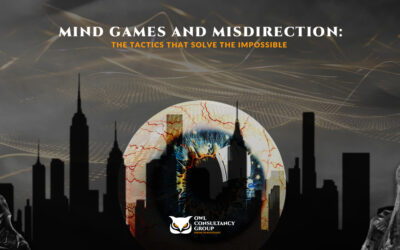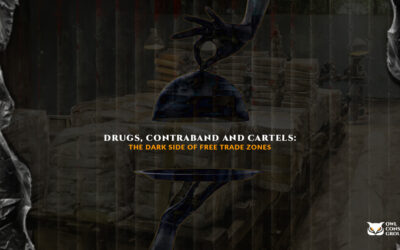…but did you do your due diligence?
You’ve just signed a new client abroad. Everything seems to be above board – a preliminary check shows that they have an office in a good location, the higher-ups check out, and the company has been operating consistently for a while. You feel secure in your new venture. ✅
We’ve had clients contact us before who experienced scenarios like this. Everything is smooth on the surface, but once you dig deeper, the facade begins to crack. It sometimes takes a little more due diligence to get to the bottom of organizational issues.
A potential client could be registered in a dynamic Asian city where you’d like to do business. But only when you delve a little deeper and perhaps even have your investigators do a drive-by do you realize that the address is in fact a dilapidated property. And only when you have investigators who know the local language can you find out that this is actually a front for a local criminal organization.
It can happen anywhere. But if you don’t have the language or the cultural insights, it can be hard to carry out a thorough investigation.
Due diligence is more than just a background check. It’s a must-do for companies seeking to operate globally, whether it’s verifying information supplied by third parties, or following up on red flags and risk factors. 🚩
Frustratingly, there is no regulatory guidance about how deep you need to dig, but the risks of just a cursory check are too great.
What kind of clarity do you need? You should have identifying information about the beneficial owners and figures of influence of the company you’re doing business with. Thorough references, and full disclosure of any civil, criminal, and regulatory issues, signed off by a responsible party, are also important.
What you’re trying to establish is if your client has an authentic business profile, and if any conflicts of interest and bankruptcy or solvency issues exist. There might be even more serious issues at play, if your partner or client has a murky history littered with litigation, criminal investigations, fraud, corruption, or product safety issues, for example.
Have the key executives been investigated to ensure they aren’t associated with organized crime, terrorist groups, money laundering, bribery or corruption?
These are all elements we take into account when we conduct specialized investigations for our clients. We dig a little deeper and shine a light in those dark corners. Because the integrity of your business is at stake. 🛡️
🦉 CTA: Want to know more? Shoot us a hoot

